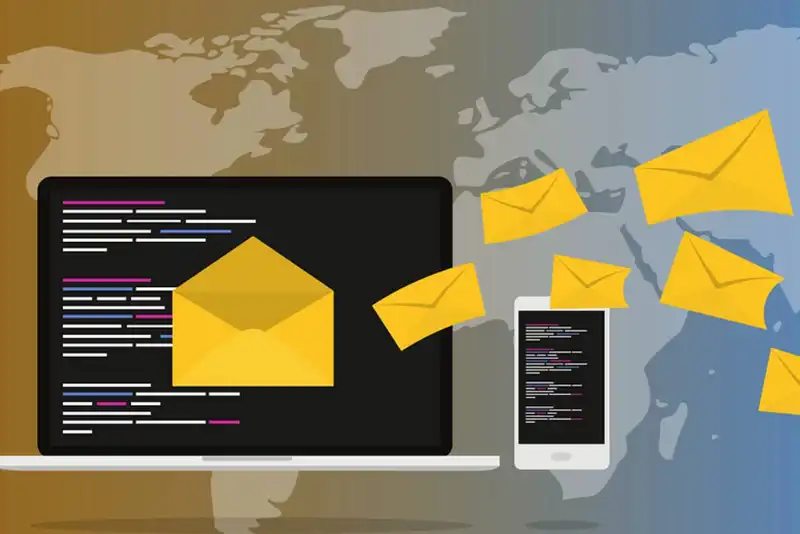4 Strategies to Boost Your Data Driven Marketing
4 Data Driven Marketing Strategies
Data driven marketing is defined as a strategy that uses customer information to inform marketing decisions. Marketing decisions range from formulating an established marketing strategy to social media advertisement campaigns. Now more than ever before consumers expect customer experiences to be personalized.
In fact, case studies show that 50% of consumers will not interact with content that they feel is not specifically relevant to them. As a result, data driven marketing strategy is becoming increasingly popular. There are many different data driven marketing strategy types to choose from depending on a business's specific needs and objectives. 4 popular data driven marketing strategy types include-
1. Audience Segmentation

Many businesses fail to properly manage customer information within their target audience as a result of improper or nonexistent audience segmentation techniques. Audience segmentation is a marketing strategy that identifies subgroups that exist within a target audience for the purpose of marketing efforts optimization.
Audience segmentation helps businesses to use the right data to deliver personalized marketing messages at the right time to the appropriate people. For example, a business that sells children and adult clothing would use audience segmentation to create separate marketing campaigns for both age groups.
Audience segmentation promotes personalized marketing efforts and customer experience optimization. Ultimately, audience segmentation allows marketers to take advantage of target audience differences. It is important to note that there are many different ways that a target audience can be divided.
Gender, location, and age are just 3 examples of potential audience segmentation categories. Marketing teams must make sure to consider varying pain points and preferences for different audiences. The customer journey also varies with different target audience members in different stages of the buyer journey.
2. Retargeting
Retargeting is a marketing strategy that is also commonly referred to as remarketing. The retargeting marketing strategy is especially important for digital marketing efforts that are faced with high bounce rates. Retargeting seeks to use data across multiple platforms in order to prompt users to return to the business website. Retargeting capabilities are one of the most significant benefits data driven marketing can supply.
Examples of retargeting efforts include abandoned cart email marketing reminders and repeat social media advertisements. Applying machine learning to marketing automation can significantly simplify retargeting efforts for a business. Marketing strategies that use marketing tools appropriately will recognize the value that retargeting offers. All in all, retargeting is an outstanding data driven marketing tool for both social media and email marketing campaigns.
3. Content Optimization

Marketing analytics and data insights are incredibly valuable data driven marketing tools. Data driven marketing supplies the context that marketing teams need to produce optimal content. Data insights allow marketing teams to better understand everything from customer experience expectations to pain points. As a result, marketing campaigns are positively influenced ranging from social media advertisements to business blog content.
An example of content optimization includes keyword research. Too often, businesses will guess the keywords that consumers will use when searching for products or services. Unfortunately, marketing teams can forget to use data that is right in front of them. Alternatively, a data driven marketing strategyallows marketers to realize that customer data holds crucial insights for both content optimization and keyword research.
4. Alignment
With more big data available than any time before, businesses are discovering that data used for one department could also be useful for other departments. Thankfully, the versatility of big data can be used to bring departments together. Not only can big data be distributed to many different departments but it can actually help to align departmental efforts. Separate department strategies, such as a marketing strategy and sales strategy can actually become more aligned with one another.
Unsurprisingly, businesses are realizing that data collected can be useful for much more than marketing campaigns and personalized marketing efforts. Team alignment decreases siloed customer data and supplies real time accessibility to various departments. Team alignment allows marketers and other department professionals to use the right data at the right time and for the appropriate causes. Unfortunately, some business professionals may be unsure how to begin team alignment efforts.
Thankfully there are many marketing tools and software programs available for business professionals to invest in and implement for team alignment purposes. A customer data platform is one such tool that collects customer information in order to create individual profiles. With a customer data platform, every professional within a business is allowed access to the same customer data at the same time. The real time update capabilities that a customer data platform hosts also helps eliminate the possibility of team members working with outdated or incorrect customer data.
Data Driven Marketing- Key Takeaways

- Content marketing professionals regularly use data driven marketing for email campaigns and decision making capabilities.
- 4 data driven marketing strategies include audience segmentation, retargeting, content optimization, and alignment.






